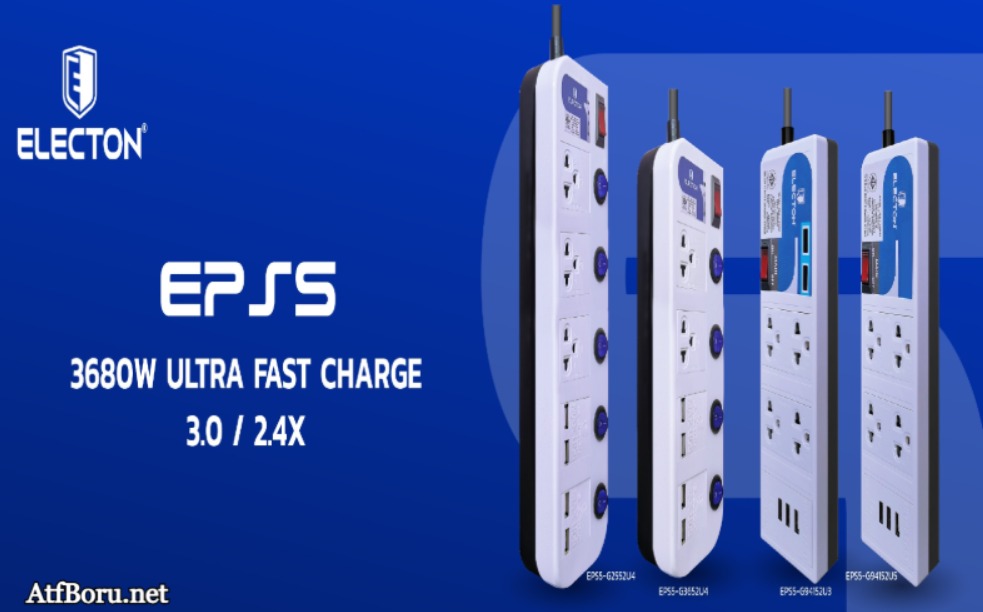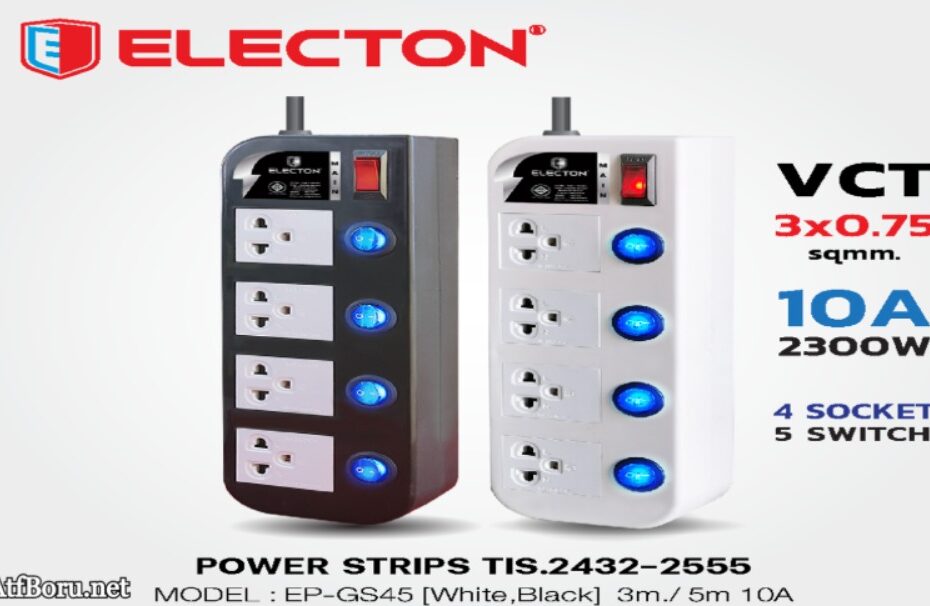Introduction
Electronic voting has been talked about for many years. Now, the name electon is gaining attention. But what is electon exactly? Is it really the future of voting, or is it just hype?
This article will explain what electon is. It will also look at its benefits and challenges. By the end, you’ll understand why people are excited — and why some are cautious — about electon.
What is Electon?

Simply put, electon is a system for voting electronically. Instead of paper ballots or physical polling stations, votes are cast and counted using digital devices. This can be done via computers, smartphones, or special voting machines.
Electon aims to make voting faster, easier, and more accessible. It uses technology to let voters send their choices securely. The system then counts the votes automatically.
The idea is to reduce human errors and speed up election results.
How Does Electon Work?
The core of electon is technology that keeps voting secure and private. Usually, this involves encrypted software. Encryption means that votes are turned into secret codes. Only authorized systems can read them.
Voters get a way to verify their votes without revealing their choices. This helps build trust. The system often uses secure login methods, like biometrics or special ID codes.
Once voting ends, the software counts all votes. The results come quickly, often the same day.
Benefits of Electon
Many people see good reasons to use electon. Here are some key benefits:
- Convenience: Voters can vote from home or anywhere with internet access. This is easier for people who cannot visit polling places.
- Speed: Election results are available much faster than traditional methods.
- Reduced Costs: Printing and handling paper ballots can be expensive. Electon may save money over time.
- Accessibility: People with disabilities or those living far away can participate more easily.
- Accuracy: Automated counting reduces mistakes caused by human handling.
Because of these points, some countries and regions have already started using electon in local elections.
Concerns About Electon
Despite the benefits, many experts and citizens worry about electon. Voting is sensitive, and trust is critical.
Here are some common concerns:
- Security Risks: Hackers might try to alter votes or disrupt the system.
- Privacy: Voters want to be sure their choices remain secret.
- Technical Failures: Systems can crash or have bugs, leading to lost votes.
- Digital Divide: Not everyone has equal access to technology or internet.
- Transparency: People want to verify results independently, which can be harder with digital votes.
Because of these risks, some are cautious about fully switching to electon.
Is Electon the Future of Voting?
Many believe electon will play a bigger role in voting soon. Technology is becoming part of everyday life, and elections need to keep up.
But it will take time to address the concerns. Improvements in security and transparency are necessary. More testing and clear rules will help build trust.
Some places use electon only for certain groups, like overseas voters or military personnel, as a test. This slow approach helps spot problems early.
How Electon Could Change Elections
If done well, electon could make voting more inclusive. More people might vote if they can do it from their phones or computers. This could boost democracy.
Faster results mean less waiting and fewer disputes. Election officials could spend more time on other important tasks.
Election processes might also become simpler. With fewer paper forms, it’s easier to track and manage votes.
Real-Life Examples of Electon
Some countries and cities have started using electon in recent years. For example:
- Estonia has long used electronic voting in national elections with good results.
- Switzerland uses digital voting in some cantons.
- Certain U.S. states offer electronic voting options for overseas citizens.
These cases show how electon can work but also highlight the need for caution.
What Needs to Improve for Electon?
To become widely accepted, electon must improve in several areas:
- Stronger Security: New methods are needed to block hacking and protect data.
- Better Transparency: Voters and observers must be able to check results clearly.
- Equal Access: Efforts should ensure everyone can use electon without trouble.
- Clear Laws: Governments need rules to govern electronic voting fairly.
- Public Education: Voters must understand how electon works and trust it.
How Can Citizens Protect Themselves?
Voters should learn about electon before using it. They should ask questions and look for reliable information.
Being cautious helps avoid scams or false systems. Always use official platforms or services during elections.
Electon vs Traditional Voting
Traditional voting uses paper ballots and physical polling stations. It is trusted but slow and sometimes costly.
Electon offers speed and ease. But it also brings new risks and challenges.
The future may include a mix. Some voters might use electronic systems, while others stick to paper. This hybrid model could help balance convenience with trust.
The Role of Governments and Experts

Governments and technology experts must work together on electon. They need to develop safe software and set clear rules.
Testing and pilot projects will help identify problems. Listening to public concerns is also important.
Final Thoughts on Electon
Electon has a lot of promise. It can change how people vote, making elections faster and more accessible.
But it is not perfect yet. Security, privacy, and fairness must improve for it to be trusted.
By carefully developing and using electon, societies can find a better way to vote in the future.
Conclusion
To conclude, electon is more than just a buzzword. It is a real effort to modernize voting with technology.
There are clear benefits like convenience and speed. However, challenges around security and trust remain.
Whether electon will be the future of voting depends on how well these challenges are solved.
For now, electon represents both hope and caution. Watching how it develops in the coming years will be important.
